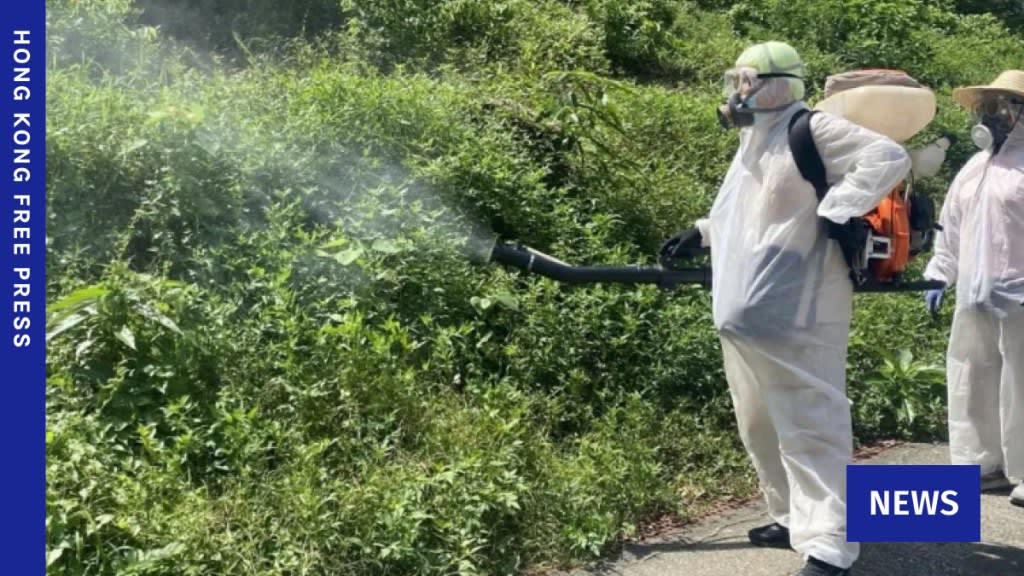
Hong Kong health officials are responding to a recent uptick in imported cases of chikungunya fever, a mosquito-borne viral disease. Two new cases have been confirmed, involving a 50-year-old man and his 8-year-old daughter. Both had recently returned from Dhaka, Bangladesh, where they are believed to have contracted the virus.
These new cases bring the total number of confirmed chikungunya cases in Hong Kong this year to eight. Authorities have confirmed that all cases recorded this year were contracted abroad.
Details of the Recent Cases
The 50-year-old man reported developing a fever and joint pain while in Dhaka, between July 20 and August 10. He sought medical attention locally and a blood test confirmed the presence of the chikungunya virus. Upon returning to Hong Kong, he visited a private hospital on Tuesday due to swollen joints. As his fever had subsided before his return, hospitalization was deemed unnecessary. Health officials have stated that he was not infectious to mosquitoes upon his return.
His 8-year-old daughter developed a fever, cough, and fatigue on Tuesday and was admitted to a private hospital the following day for treatment. She is currently in stable condition.
Health authorities are monitoring the family's three other household contacts, who remain asymptomatic. Mosquito prevention and control measures are being intensified in and around their residence in Sai Kung, as well as other locations they may have visited.
Understanding Chikungunya Fever
Chikungunya fever is transmitted to humans through the bites of infected mosquitoes. Common symptoms include:
- Fever
- Joint pain
- Muscle pain
- Headache
- Nausea
- Fatigue
- Rash
There is currently no specific antiviral drug treatment available for chikungunya fever. Treatment focuses on relieving symptoms. Preventative measures are considered the most effective way to combat the disease.
Official Advice and Precautions
A senior health official urged the public to seek medical advice promptly if they suspect they may be infected with chikungunya fever. They specifically cautioned against self-testing, emphasizing that there are no rapid test products currently available on the market that have been certified by international health authorities for public self-testing for chikungunya.
The public is also strongly advised against self-medicating with aspirin or non-steroidal anti-inflammatory drugs (NSAIDs) like ibuprofen. These medications may cause serious side effects.
Enhanced Preventative Measures
During the rainy season, extra precautions are crucial to prevent mosquito bites and the spread of mosquito-borne diseases. The use of insect repellents containing DEET or other effective active ingredients is highly recommended, following necessary safety precautions.
The Food and Environmental Hygiene Department is also actively involved in mosquito prevention and control efforts. Residents are urged to take the following steps:
- Change the water in flower vases at least once a week.
- Remove water from saucers under potted plants at least once a week.
- Properly dispose of containers that can collect water, such as soft drink cans and lunch boxes.
Ongoing Investigation and International Collaboration
Health authorities are continuing their investigation into these recent cases. The cases have also been reported to the health authorities in Bangladesh to facilitate information sharing and collaborative efforts in controlling the spread of the virus. The focus remains on preventing further transmission and protecting public health.


No comments:
Post a Comment